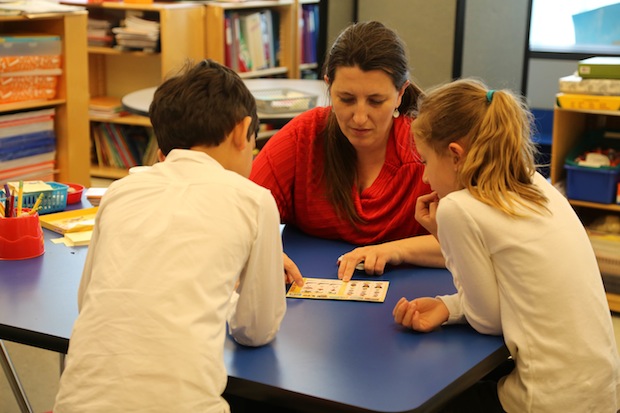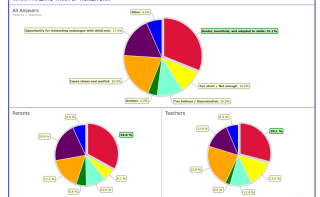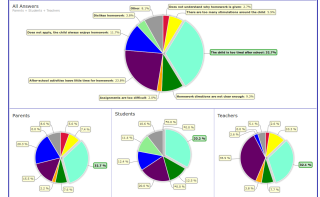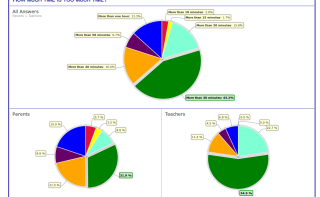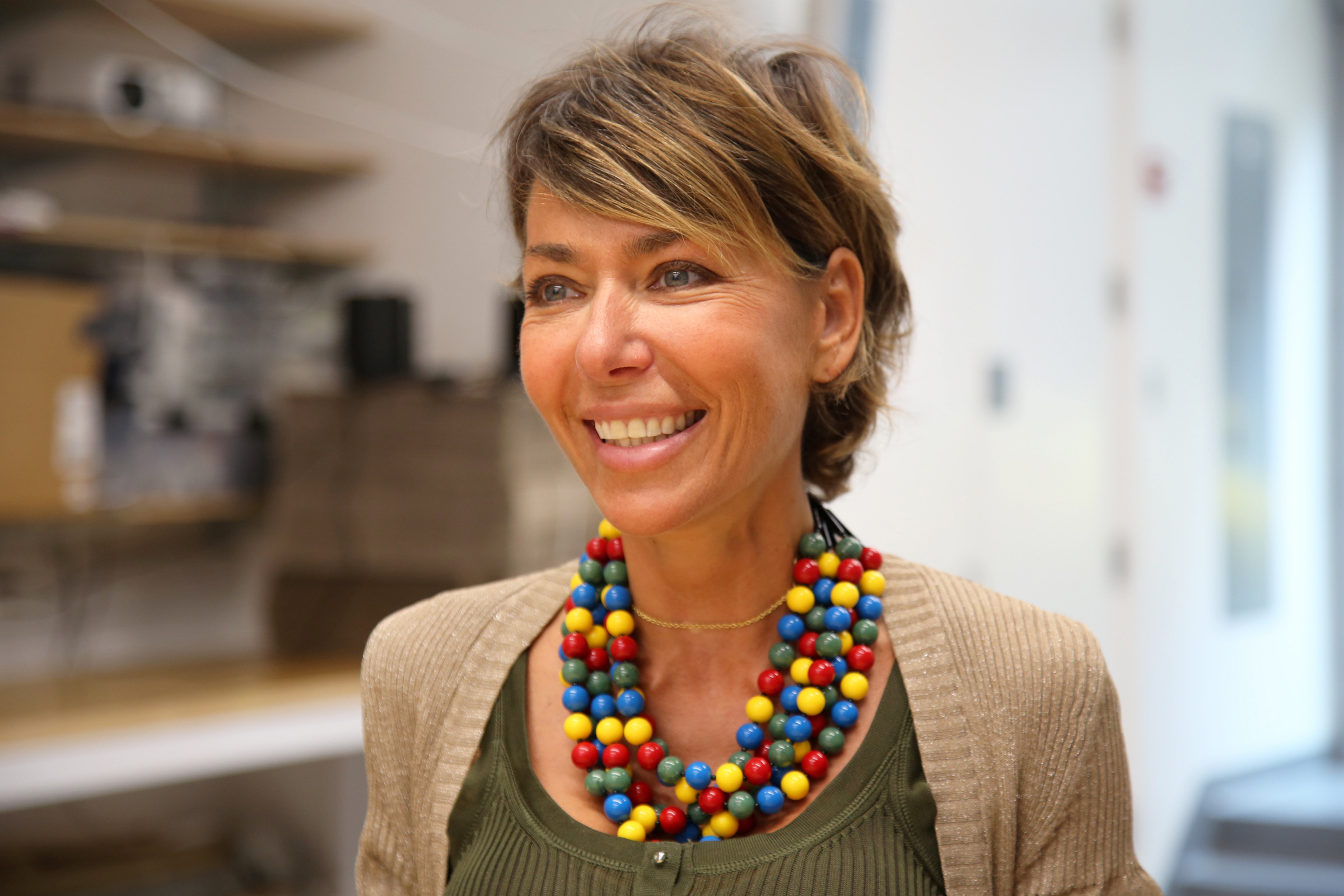If you were to ask me what is the most controversial and varied pedagogical practice, I would respond without a doubt: homework!
Whether you completely oppose or totally support it, there is not one parent, one teacher, or one student who is indifferent to the topic. It’s a complicated, and also a cyclical, question covering everything from its academic benefit, impact on student well-being, and even student posture! At times, it’s considered a great motivator and at others a source of stress. What to do?
For these reasons, I led a group study on the subject through the creation of a special homework committee in Primary this year. Composed of one teacher from each grade, and a teacher from the English department, we met weekly with the goals of examining the topic and creating a policy for homework for our primary school.
To prepare, we read Rehinking Homework, by Dr. Cathy Vaterott, and articles from her website, The Homework Lady.
All year long we had engaging discussions, which led each of us to rethink and even soften our strong opinions. After reading this book and talking with each other, what started out as controversial and often heated conversation grew to become a productive dialogue.
Through our meetings, we concluded it would be beneficial to find out what everyone in our Primary community thought about homework. We created a survey for all those of us who have to deal with the topic on a daily basis: teachers and students, of course, and also parents.
The results of the survey are now available here, and we strongly encourage you to look at them. You might be surprised to notice that the responses of parents, students and teachers were often like-minded, an indication that we have a very similar outlook on homework – particularly in terms of the amount given, and how much time students should spend on it each night.
The collective responses were used to create a list of shared principles on homework, which we will put into place in the fall in the form of a Charter on Homework. This charter was voted in by the CPET on May 14th.
We will present the results in their entirety to students in September 2013, and we do hope that the outcome will be one that meets the needs of all.
About the Author :
Vannina Boussouf grew up on the Mediterranean island of Corsica, where bilingualism is an integral part of identity. She studied English and Spanish at the University of Corsica, and philology and letters in Cordoba, Spain, before starting a career as an elementary teacher and administrator. Vannina relocated to the United States in 2004, where she taught at the International School in Louisiana. She joined the Lycée in 2007 to direct the Primary School, and during her tenure, she has focused on innovative teaching methods that support the development of the whole child in a bilingual setting.

